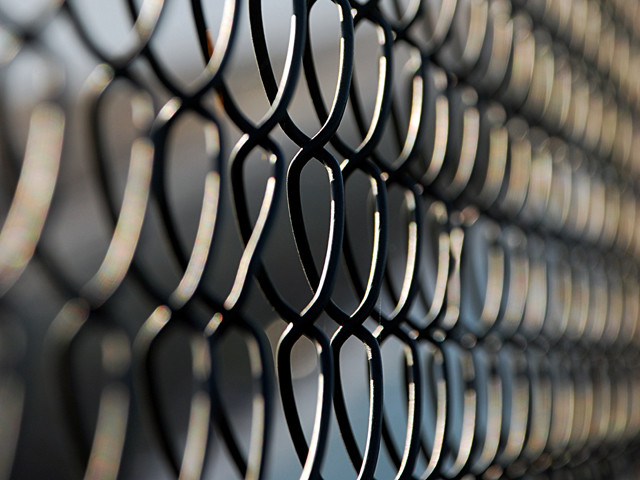UAE sentence: Flip side of prisoner exchange deal
Pakistan will have to bear extradited prisoners’ expenses.

UAE sentence: Flip side of prisoner exchange deal
While Pakistan and the UAE have signed an extradition treaty that seeks to ensure 1,400 Pakistani prisoners serve their remaining sentences at home instead of the UAE, senior jailers have voiced concern regarding the feasibility of such an arrangement.
At a time when prisons in the country are not only faced with excessive overcrowding but also budget cuts and limited resources, many officials fear that the expected extradition of these Pakistani prisoners languishing in foreign jails may compound their problems.
Even though officials agree on the basic principle of the terms and conditions – sought primarily on humanitarian grounds – signed by Interior Minister Rehman Malik and UAE Deputy Prime Minister Lt General Shaikh Saif Bin Zayed Al Nahyan on February 27, they questioned why similar treaties were not being pursued with Afghanistan and India on a priority basis — given the majority of foreign prisoners in Pakistani jails are Indians and Afghans.
One senior prison official in Sindh said: “All we are saying is that when Pakistan signs an agreement with countries such as the UAE we get no benefit since not many UAE nationals are prisoners in our country.
While they get rid of their responsibility by sending back Pakistani prisoners through this agreement, we (don’t derive any benefit since we) don’t have many prisoners to send back.”
According to Foreign Office spokesperson Abdul Basit, Pakistan only has prisoner exchange agreements with the UAE, Thailand and Sri Lanka. He confirmed that there were no such treaties either with India or Afghanistan.
Although Basit said that there was “certainly no agreement with the US”, a US Congress research service paper stated that a US-Pakistan accord had roots in a US-UK treaty of 1932, which was then applicable to all colonial territories. Pakistan inherited it after 1947 and subsequently through a notification in February 1973 the US was included among the countries with which it had the treaty. However, the spokesperson denied that any such formal agreement existed in the current scenario.
Money matters
Another issue that irked prison officials was money. They claimed that each prisoner costs the government significant money since one has to take care of their legitimate living expenses.
One prison official, who requested not to be named, suggested one clause that could have been added to the agreement should have been that expenses of the prisoners being returned would be borne by the country from where the prisoner is extradited.
The official complained that Malik did not consult any senior prison official before signing the agreement.
According to the agreement, any of the 1,400 Pakistani prisoners in the UAE sentenced to more than six months imprisonment would have the option of serving the term back home.
Reactions
Punjab Prisons Inspector General (IG) Mian Farooq Nazir said that no one opposed the agreement with the UAE since this was formulated to facilitate Pakistani prisoners, who mostly belong to the lower-income class and whose families cannot bear the financial burden of visiting them in a foreign country.
“But had the UAE also agreed to provide the ‘kharcha paani’ (expenses) of the extradited prisoners, it would have been better,” he said.
Meanwhile, Sindh Prisons IG Ghulam Qadir Thebo stated that there were indeed some jails such as the Karachi Central Jail where overcrowding persists to date. However, he said that new barracks and jails were being constructed throughout the province to deal with the issue.
Justice (retired) Nasir Aslam Zahid stressed the importance of having prisoner exchange treaties with Afghanistan and India as well. However, he dismissed the concerns of the prison officials: “It’s not like all the prisoners in the UAE belong to one particular province. We have enough jails in the country to accommodate them all,” he said.
“Our prisoners in the Middle East face a horrific time in jails. Most of them have no means of communication with their families. So in that spirit, I think it is a very good agreement.”
Published in The Express Tribune, March 5th, 2012.



















COMMENTS
Comments are moderated and generally will be posted if they are on-topic and not abusive.
For more information, please see our Comments FAQ